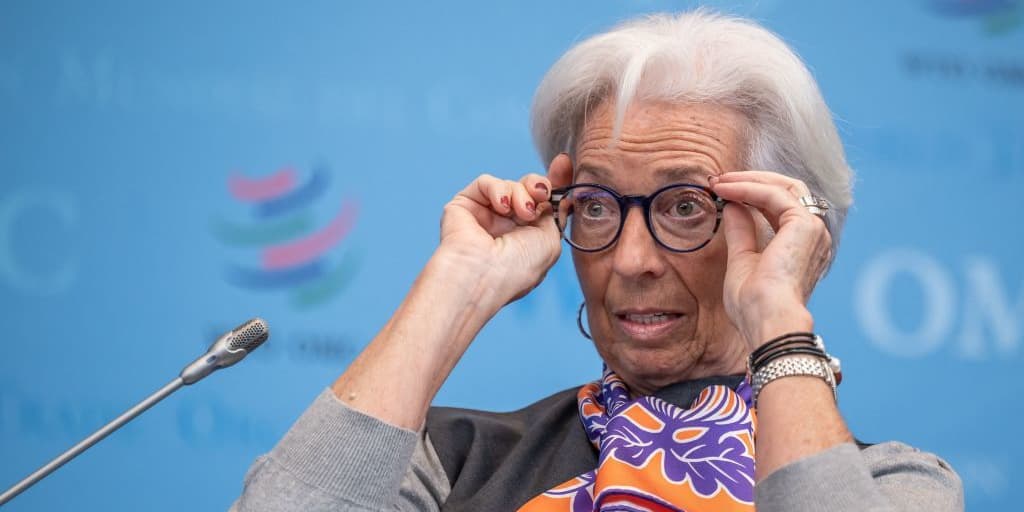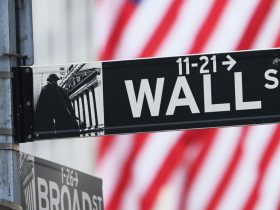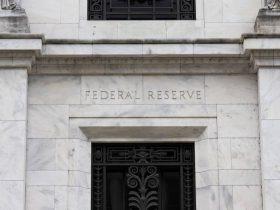The European Central Bank may raise interest rates for a 10th consecutive meeting on Thursday. But it’s a close call.
Like the Federal Reserve, the ECB has rapidly increased borrowing costs to squeeze inflation out of the economy. But unlike in the U.S., where the economy has remained resilient, the outlook for growth is darker in Europe—and the inflation rate is considerably higher.
The central bank for the 20 nations that share the euro has raised interest rates by 4.25 percentage points over roughly the past year with nine consecutive hikes. Economists surveyed by FactSet predicted earlier this week that policy makers will now step back and assess what to do next as they leave rates unchanged this month.
However, a report by Reuters on Wednesday saying that ECB staff see inflation staying above target next year prompted a last-minute re-assessment of the odds. Markets started to price in a quarter-point hike.
Andrzej Szczepaniak, an economist at Nomura, changed his forecast to call for a rate increase from no change, arguing that the ECB is signaling to markets that it intends to make a move.
The euro zone as a whole has avoided recession thus far, but Germany, its biggest economy, has fallen into contraction. It’s not just higher interest rates that are weighing down activity. The threat of natural gas shortages after Russia’s invasion of Ukraine last year is another factor. So is weakness in China, the world’s second-biggest economy, on which Germany’s manufacturing industry relies heavily.
At the same time, the inflation rate in the euro area stands at 5.3%, still well above the ECB’s 2% target. It’s down from a peak of 10.6% in October but threatens to be sticky going further.
The ECB will update its forecasts for growth and inflation at this meeting. The European Commission, the executive arm of the European Union, earlier this week lowered predictions for economic expansion and said inflation will still average more than 3% in 2024.
President Christine Lagarde raised the possibility of a pause at the last decision six weeks ago. Still, worries about inflation prompted the central bank governors of France, the Netherlands, and Slovakia to say in recent days that another hike in September was possible.
The Fed announces its next decision on Sept. 20, when it is expected to hold off from further hikes and keep policy unchanged.
Write to Brian Swint at [email protected]
Read the full article here













Leave a Reply